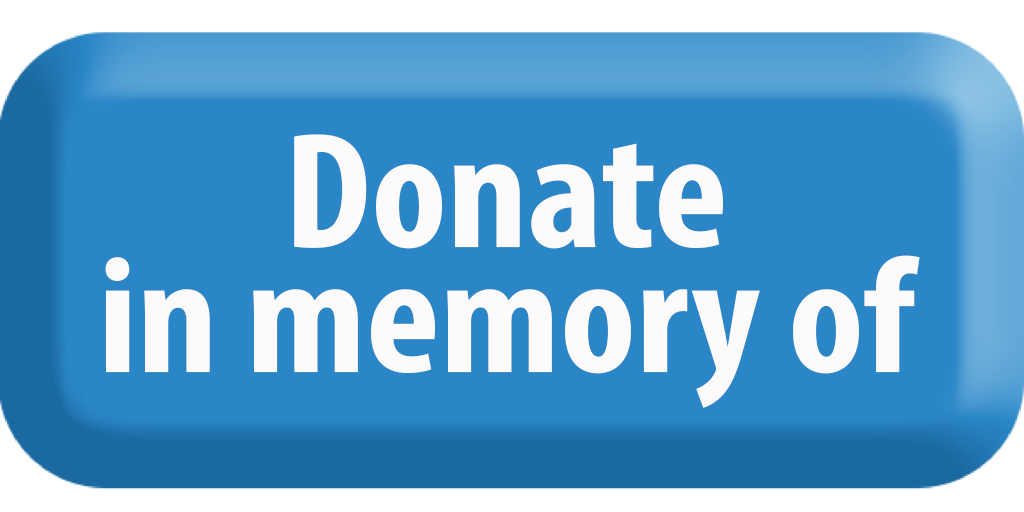Dear Hope Nation,
“Not poor, just broke.”
That’s the title of the first section of comedian/social activist/fruitarian Dick Gregory’s autobiography. In case the meaning escapes you, being broke means you’re out of money, but you can still hold your head high. Being poor is a state of mind, a brokenness of spirit, a belief your state will never end. If a broke man comes into a thousand bucks, he’s not broke any more. If a poor man does, the poverty remains. Like Gregory, I’ve never been poor—even when living on the streets—but I’ve spent a lot of time broke.
For the last eight or nine years, I haven’t been broke, but I’ll never forget how it feels. After I moved from drinking stolen mouthwash and wondering where I’d sleep, I still didn’t have any money for the next few years, as I struggled to clean up some of the wreckage of the past. I lived in a shelter for homeless veterans, worked dead-end “get well” jobs, where I still had to learn how to be a good and trusted employee. Putting down the drug or the drink doesn’t immediately transform anybody into a right actor. It took me longer than some and less time than others.
Even after I moved out of the shelter and into my own rent-subsidized apartment, I was still working and still broke. In some ways, the working broke have it even harder than the unemployed, because you can’t visit social-service agencies during the day, and those places, claiming to help you, close at five. When you’re working but broke, the judgment is that you’re irresponsible; nobody does the math and sees your 35 hours a week running a cash register at Office Depot doesn’t cover keeping a car on the road to get you to work, paying rent and buying food. Throw in child support on top of that, and most working broke folks are drowning by degrees, their noses above water for about 15 minutes after payday—until they pay their bills.
The facts of being working broke suck. It’s a barely-hanging-on existence until something snaps: a lost job, a busted car, a cold winter. And something does eventually snap—and sends you off the deep end.
Being working broke means:
- Not having the money for an oil change, even though your car is 4,000 miles overdue. Knowing you’re doing long-term damage but not having the 30 bucks.
- Sneaking past your landlord and not answering the door because your rent is late, and you won’t be able to get caught up until Tuesday—if you put off paying your car loan
- Kicking yourself for going to that payday loan place and climbing on the financial wheel of death. You’ve paid them $40 a week on a $300 loan for tires to pass inspection. You’ll continue paying them $40 a week until 2022 at this rate
- Not having money for milk, so eating dry generic cereal given to you at a church pantry where they wrote down your name and eyed you suspiciously.
- Not being able to afford laundry soap, and hoping a half-cup of shampoo will be enough to get your clothes clean at the laundromat
- Not having enough quarters to fully dry your clothes, so hanging them up around your apartment
It’s expensive to be broke, an idea that’s hard for middle-class folks whose idea of brokeness means a credit card payment get made. When you’re broke, there is no economy of scale, because you just damned can’t afford it. Jumping back to laundry, as a non-broke guy, I go to a big store for laundry detergent and buy the economy jug, with 100 loads inside for nine bucks. Nine cents a load. As a broke guy, I pay a buck a load at the laundromat for the single-size serving. Multiply this for coffee, cigarettes, cereal and the rest of the non-c alphabet that makes up consumer culture, and you’ve got a pretty stiff penalty for being broke. That kind of informal tax on poverty wears a man down over time, and can transform him from being broke but not poor to just a plain old poor man.

Every man has his breaking point in the battle between poverty and self-respect. I didn’t reach mine, but that’s not because I’m better or smarter or more deserving than anyone else. As the preacher John Bradford, seeing a group of condemned men marched to the gallows, put it, “There but for the grace of God goes John Bradford.” I saw Keith Howard in the face of every single broke, poor or broke and poor person who comes to Hope. I caught the right waves, got the right breaks and now I can keep a big jug of detergent by the washing machine, never run out of coffee and not stay up nights worrying about money.
None of that happened by right—I don’t deserve anything in my life, any more than I deserved to be broke all those years. No, the good fortune I’ve had had is not a matter of my right to it but to the grace of some higher power.
Any of us can be broke. You don’t have to be poor.
You matter. I matter. We matter.
Keith



